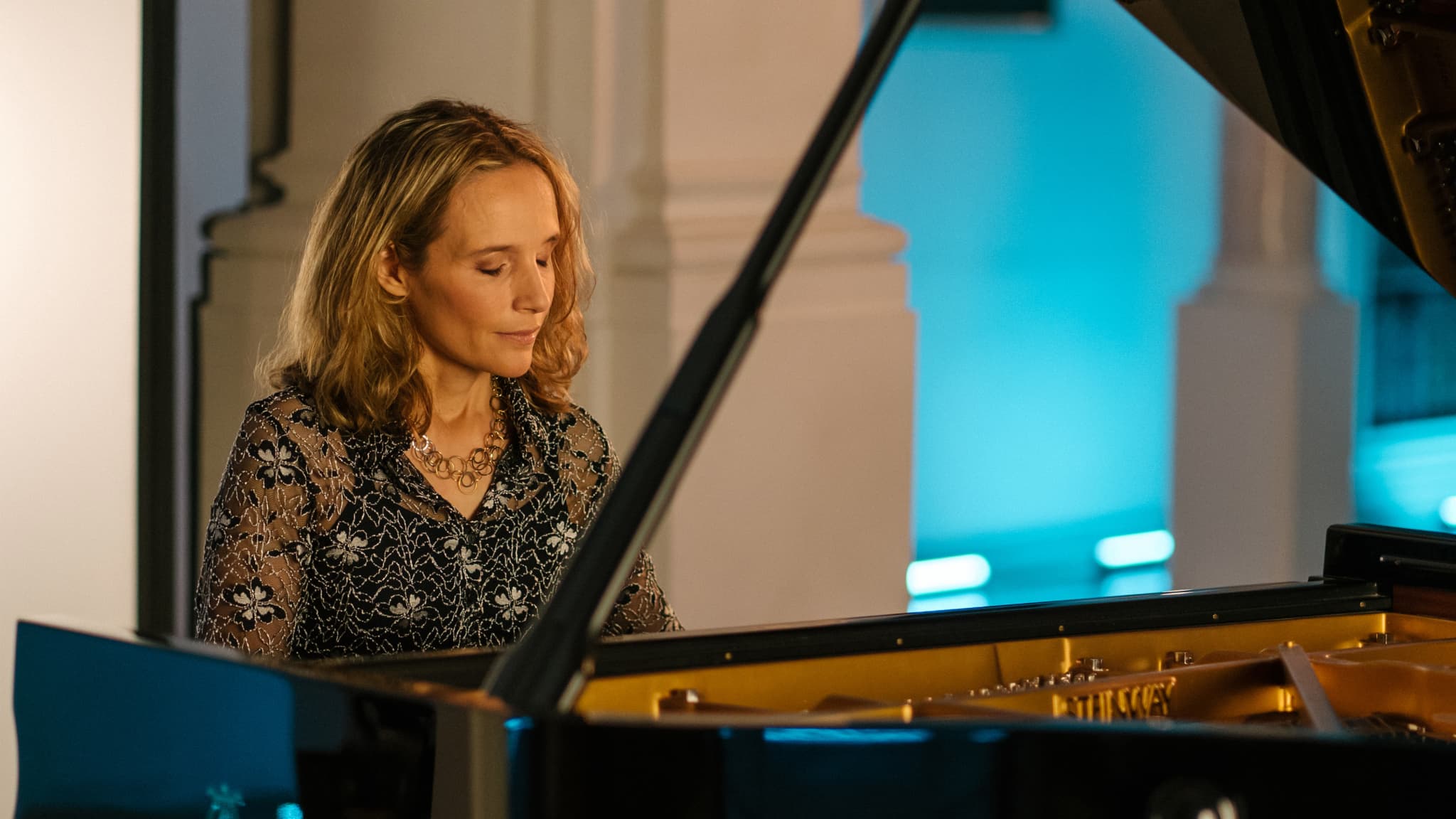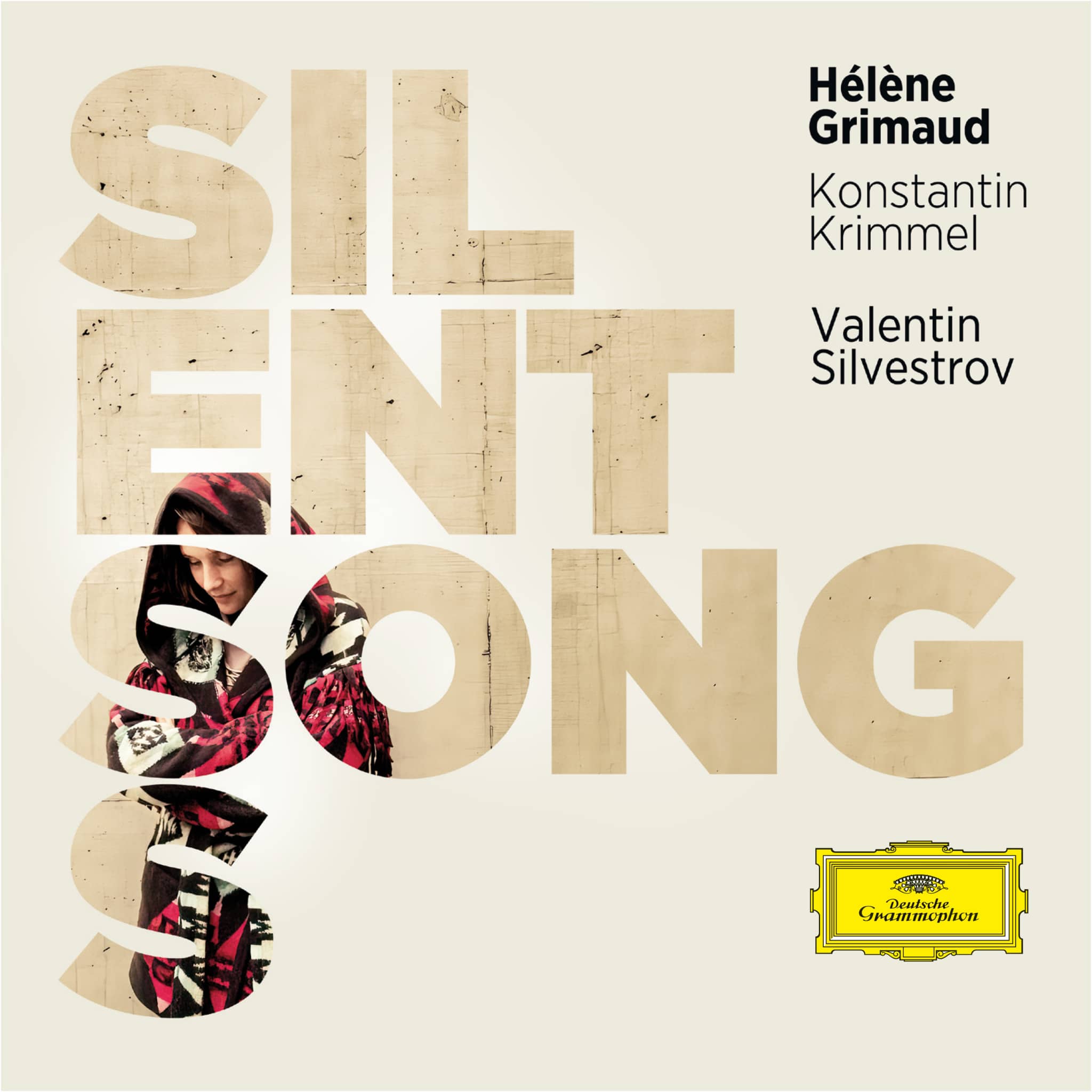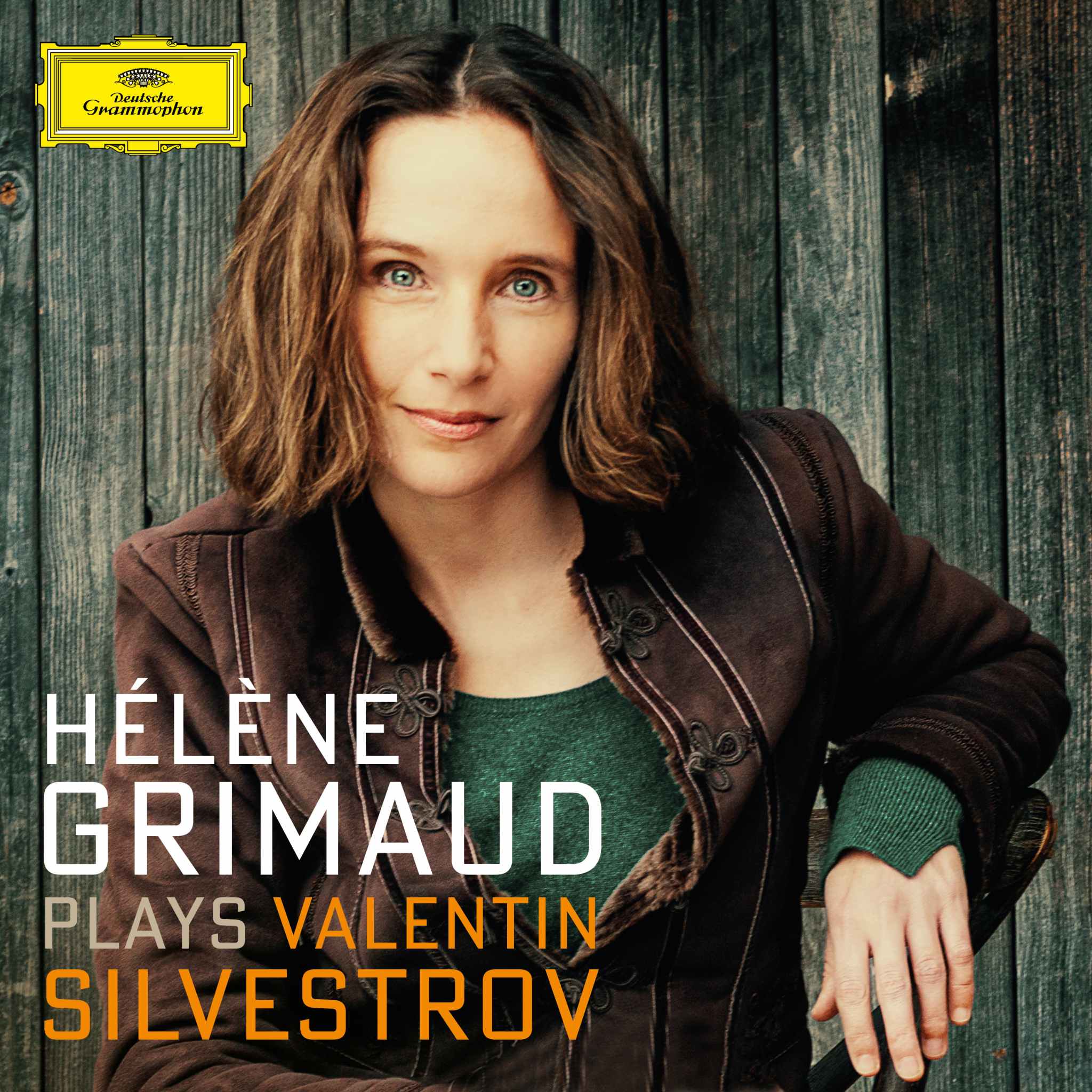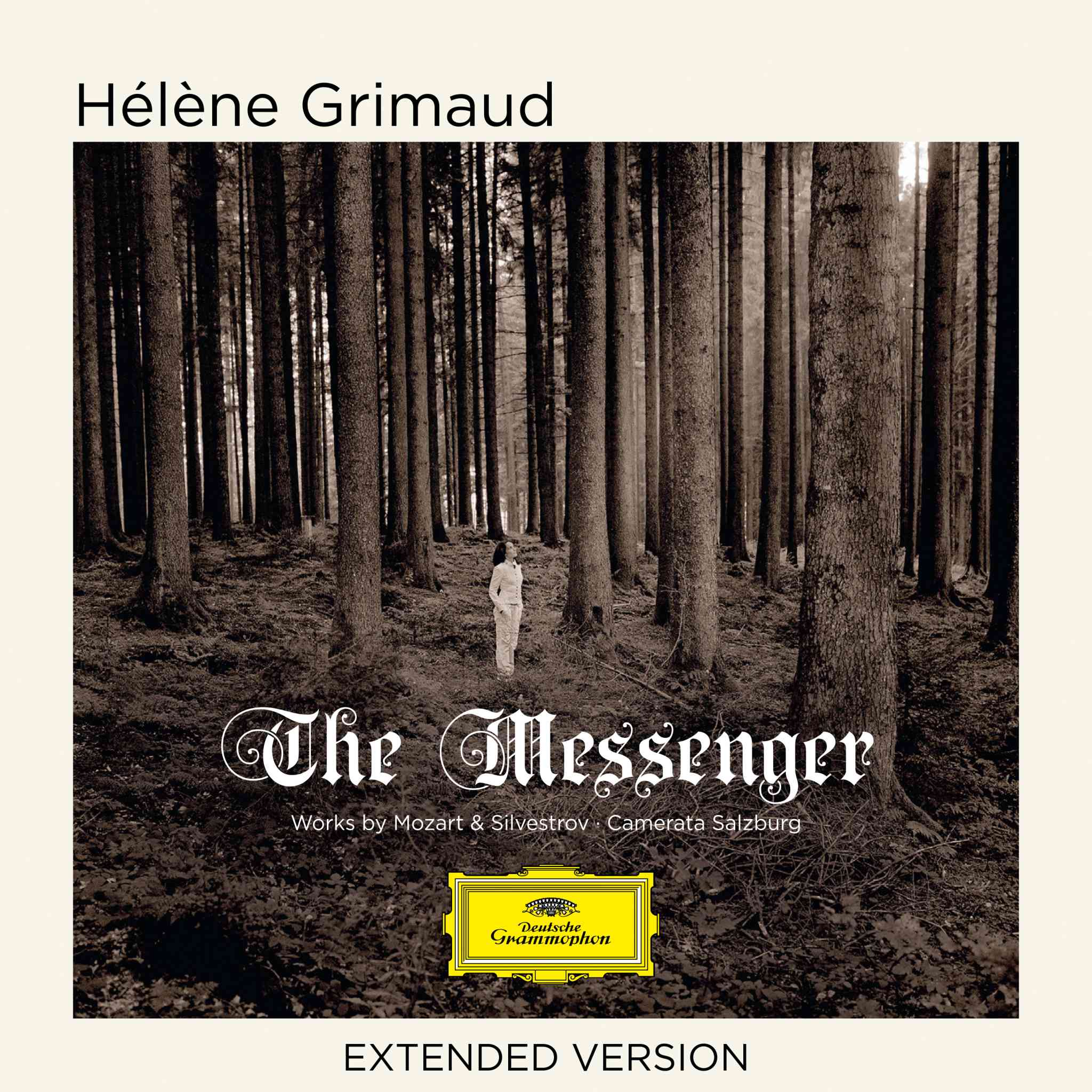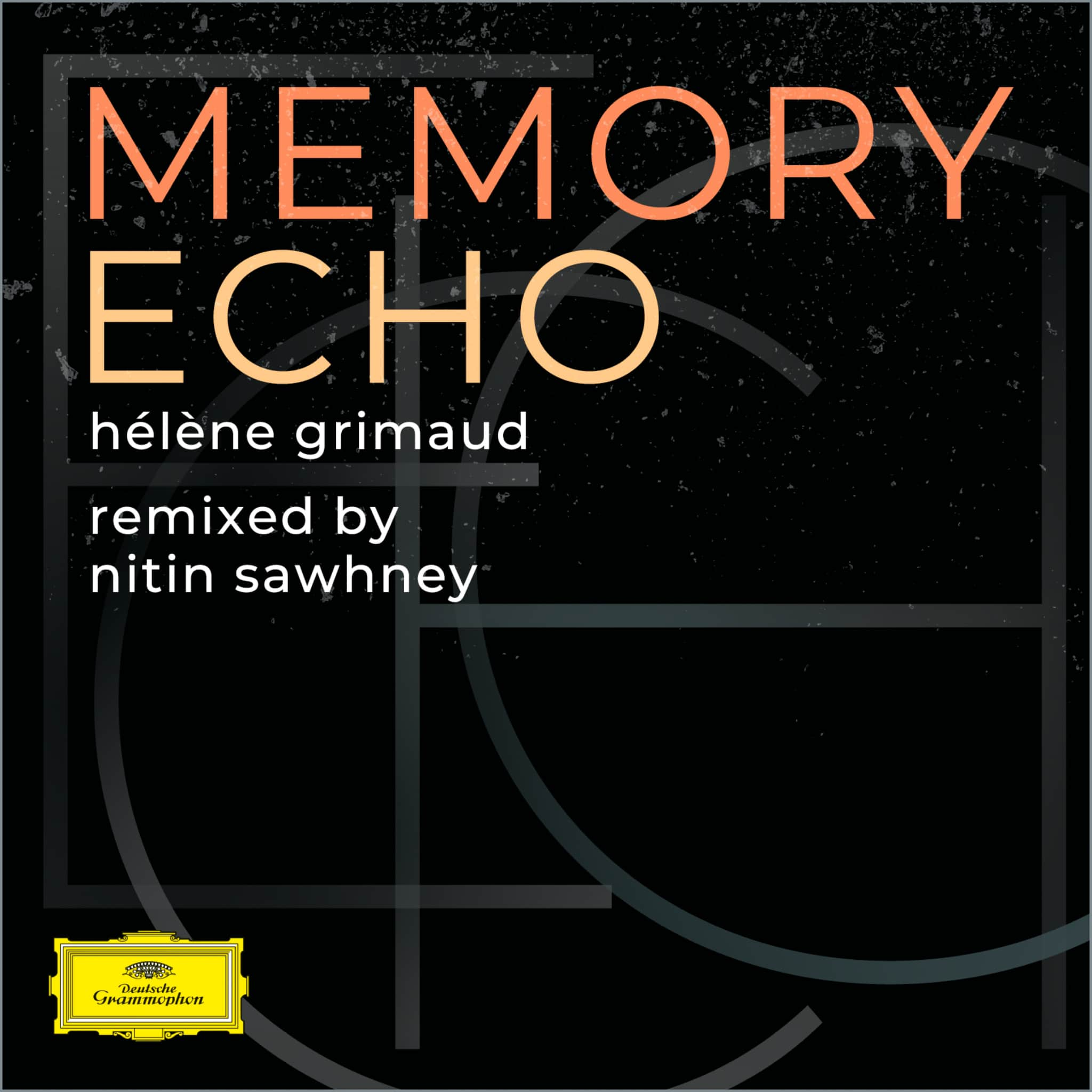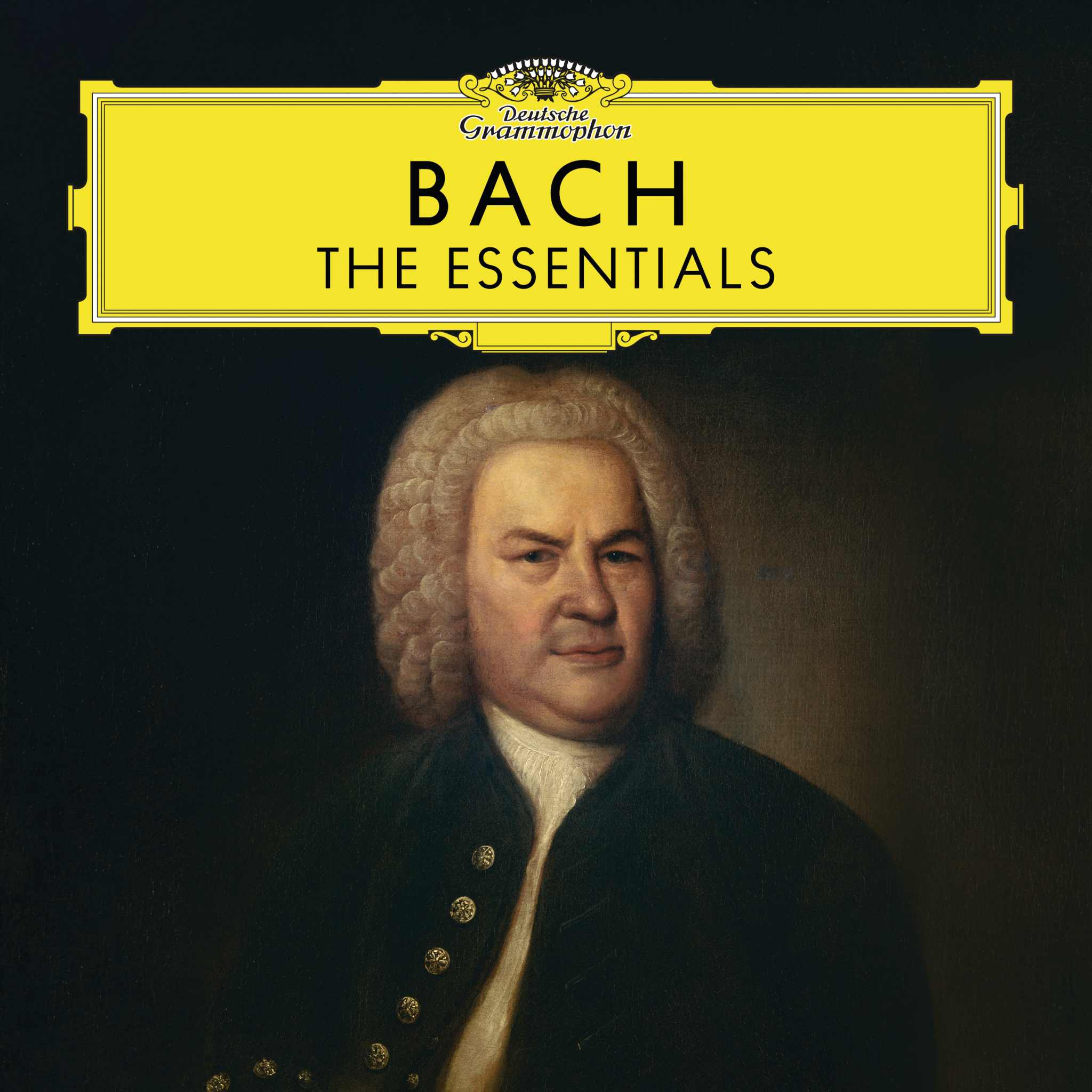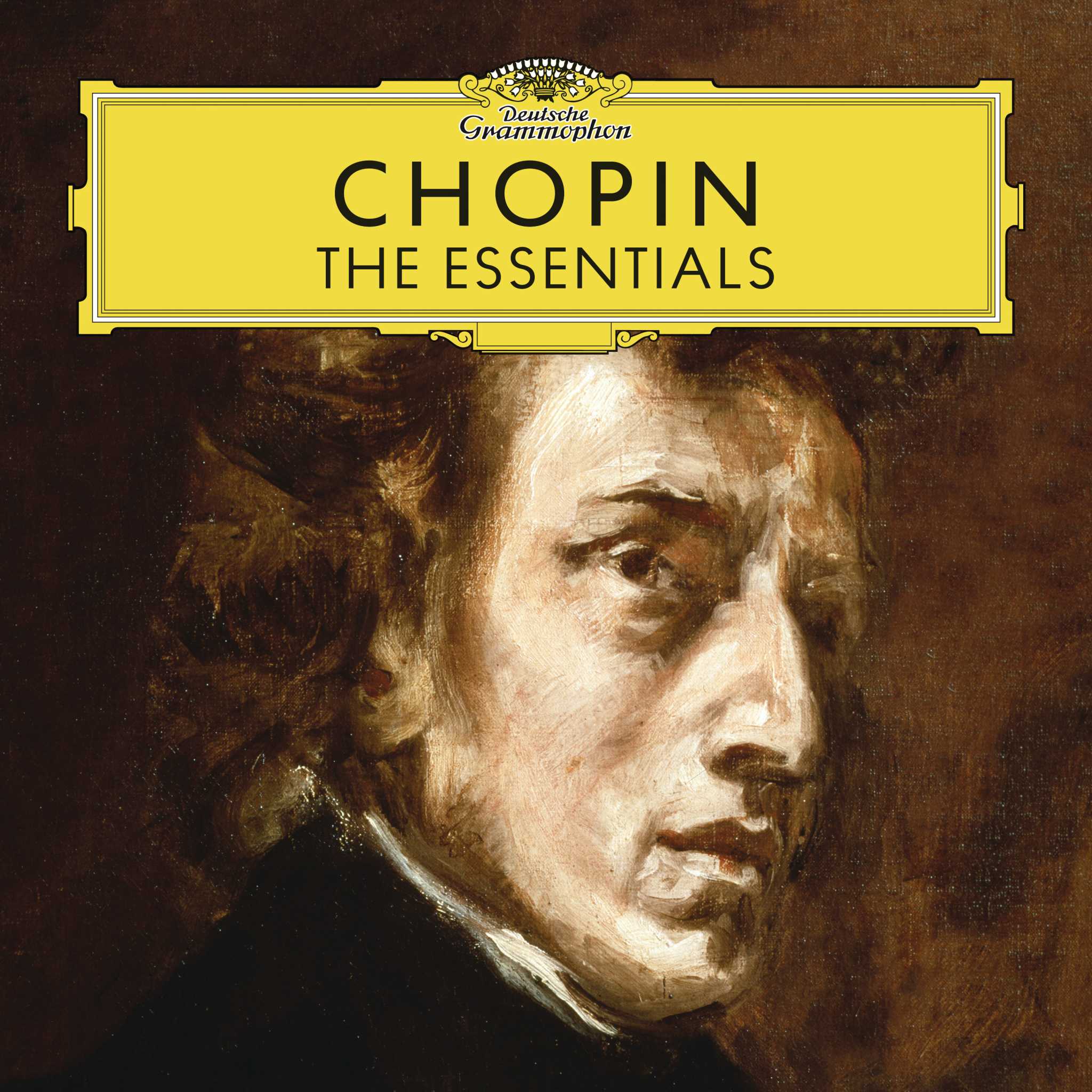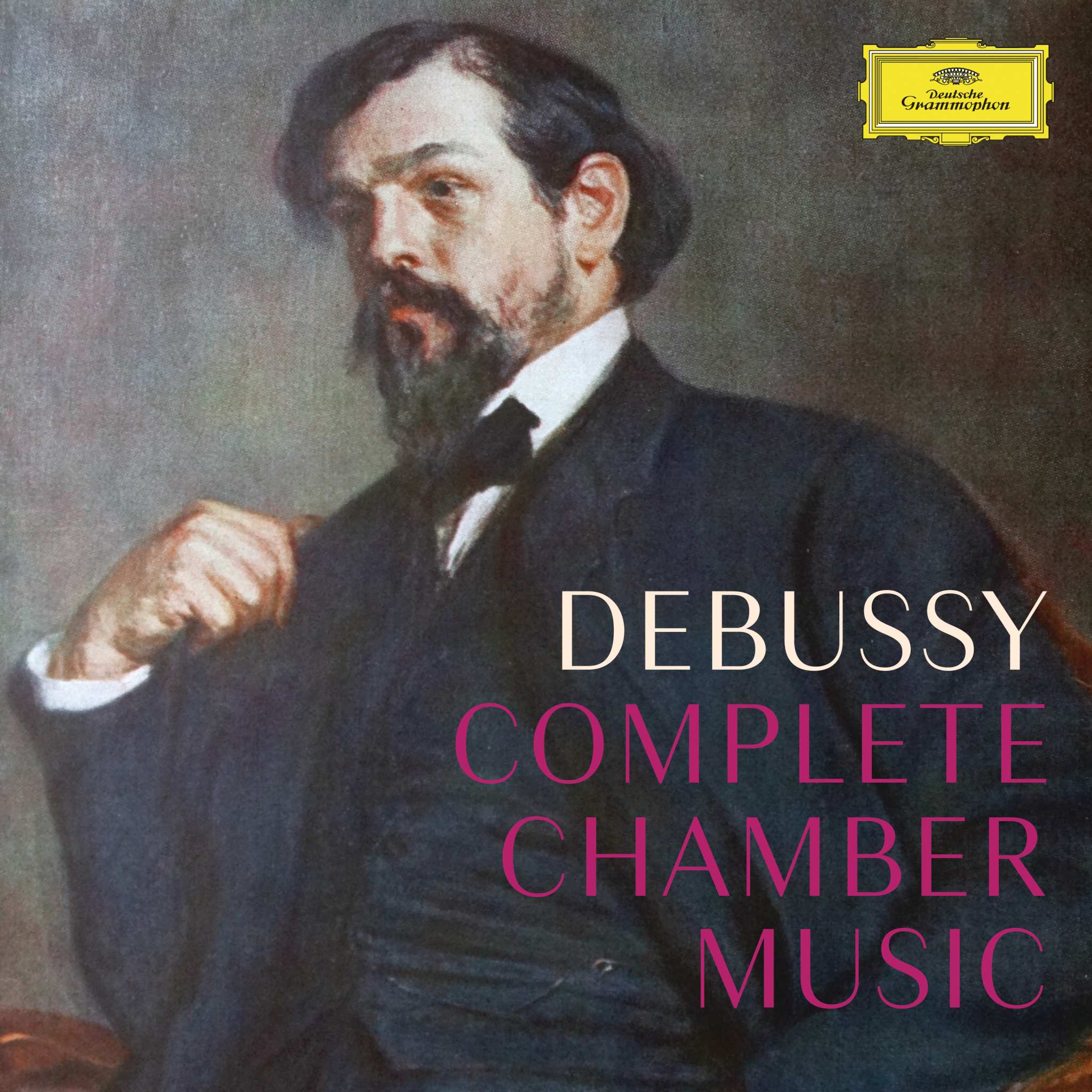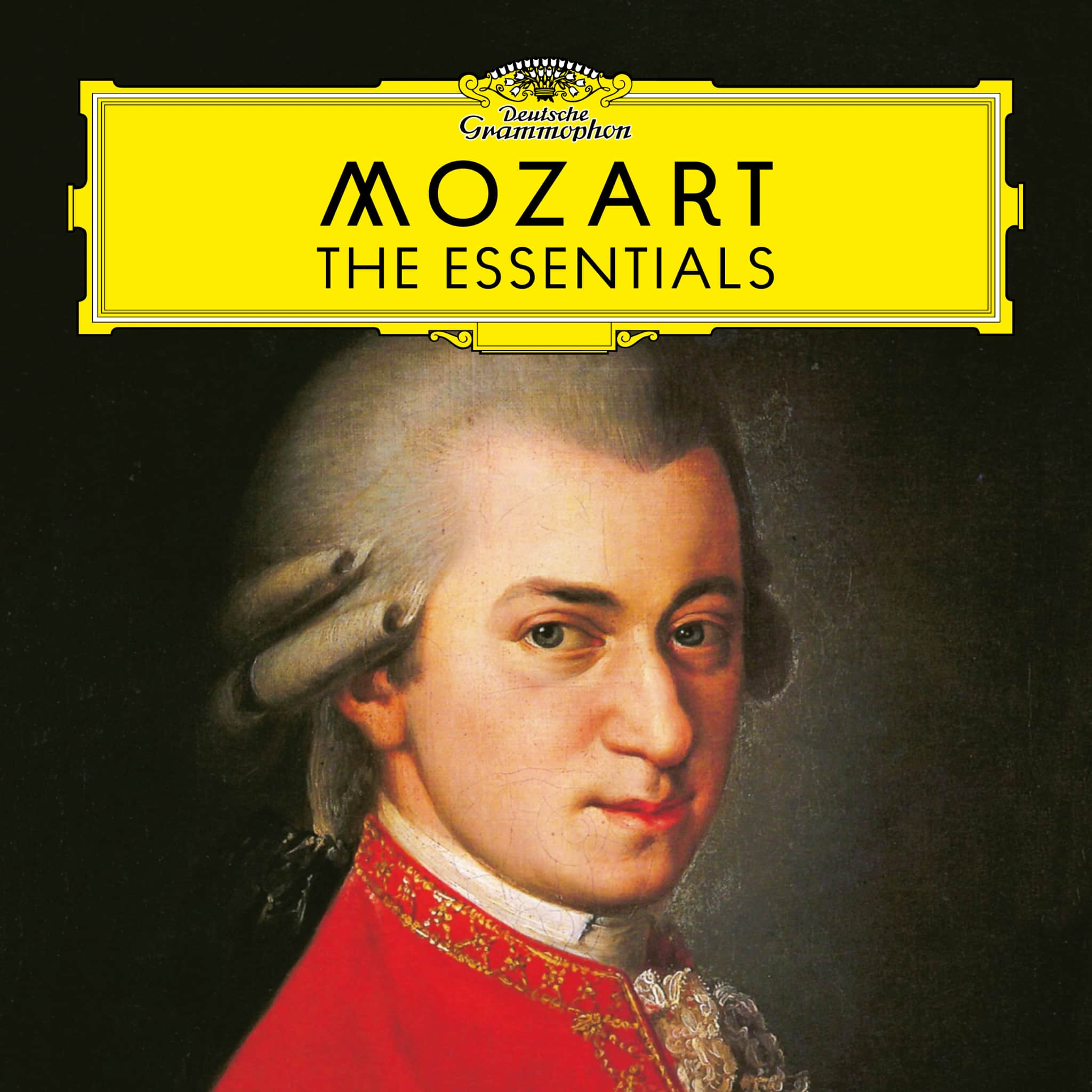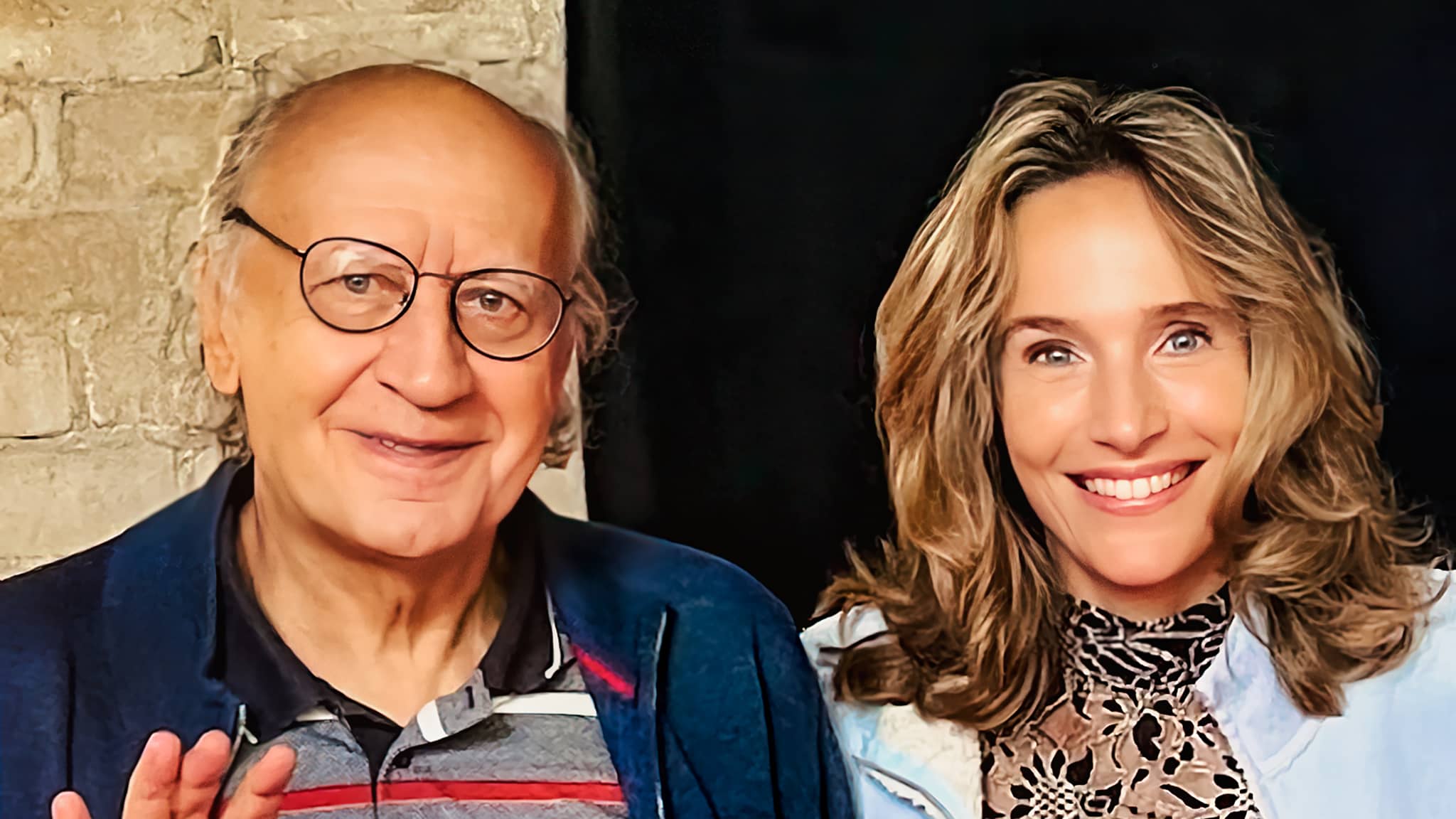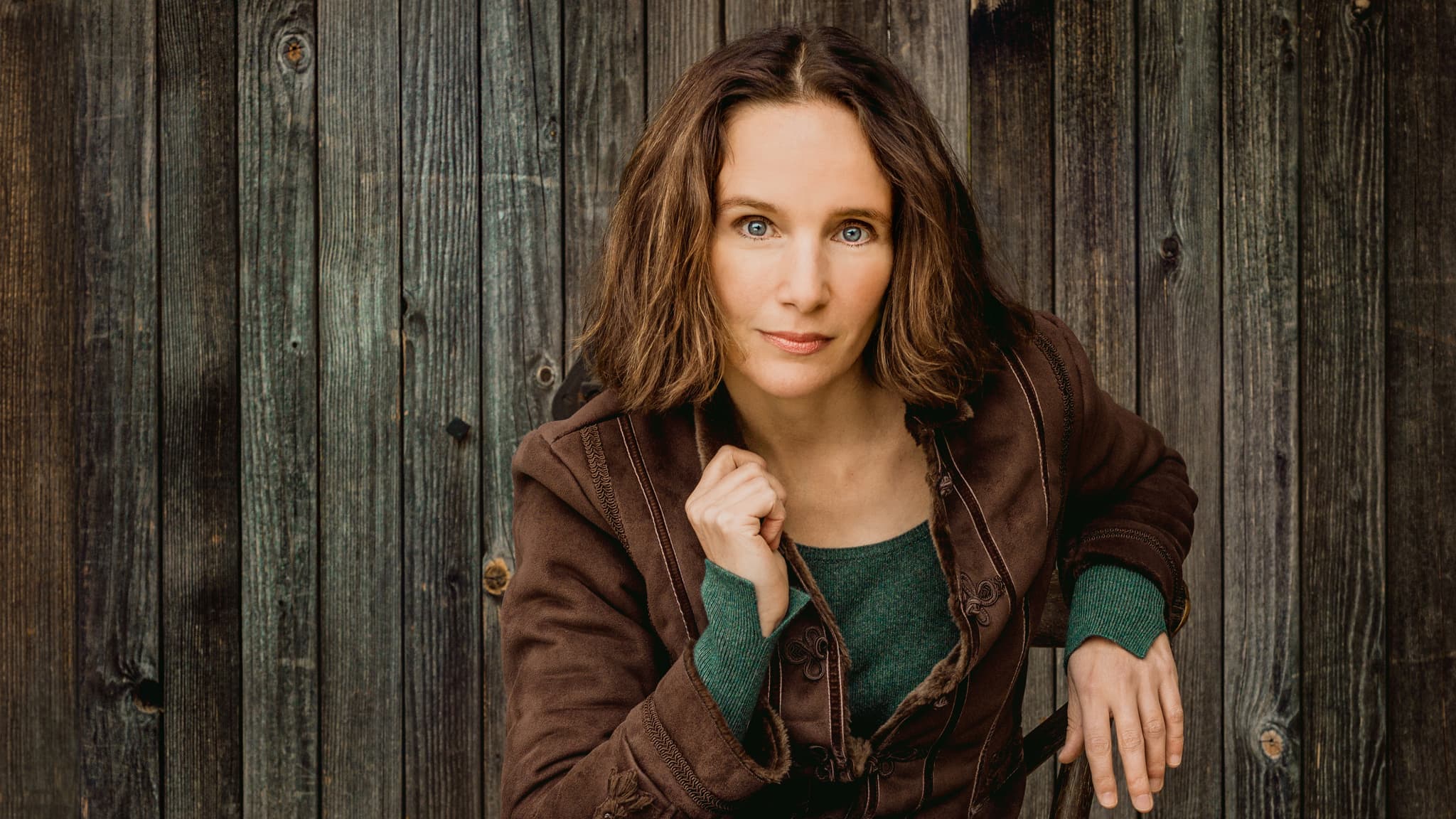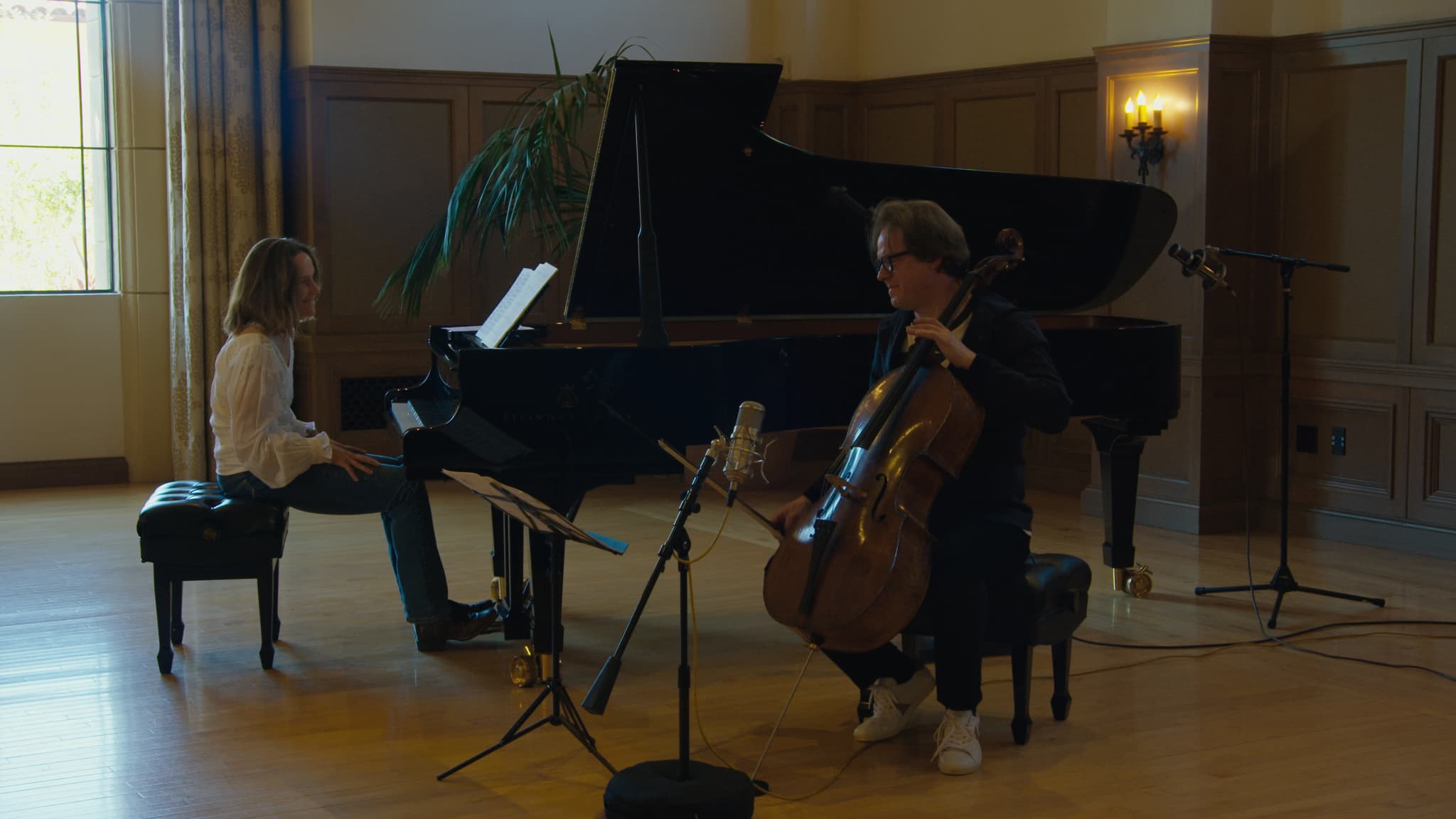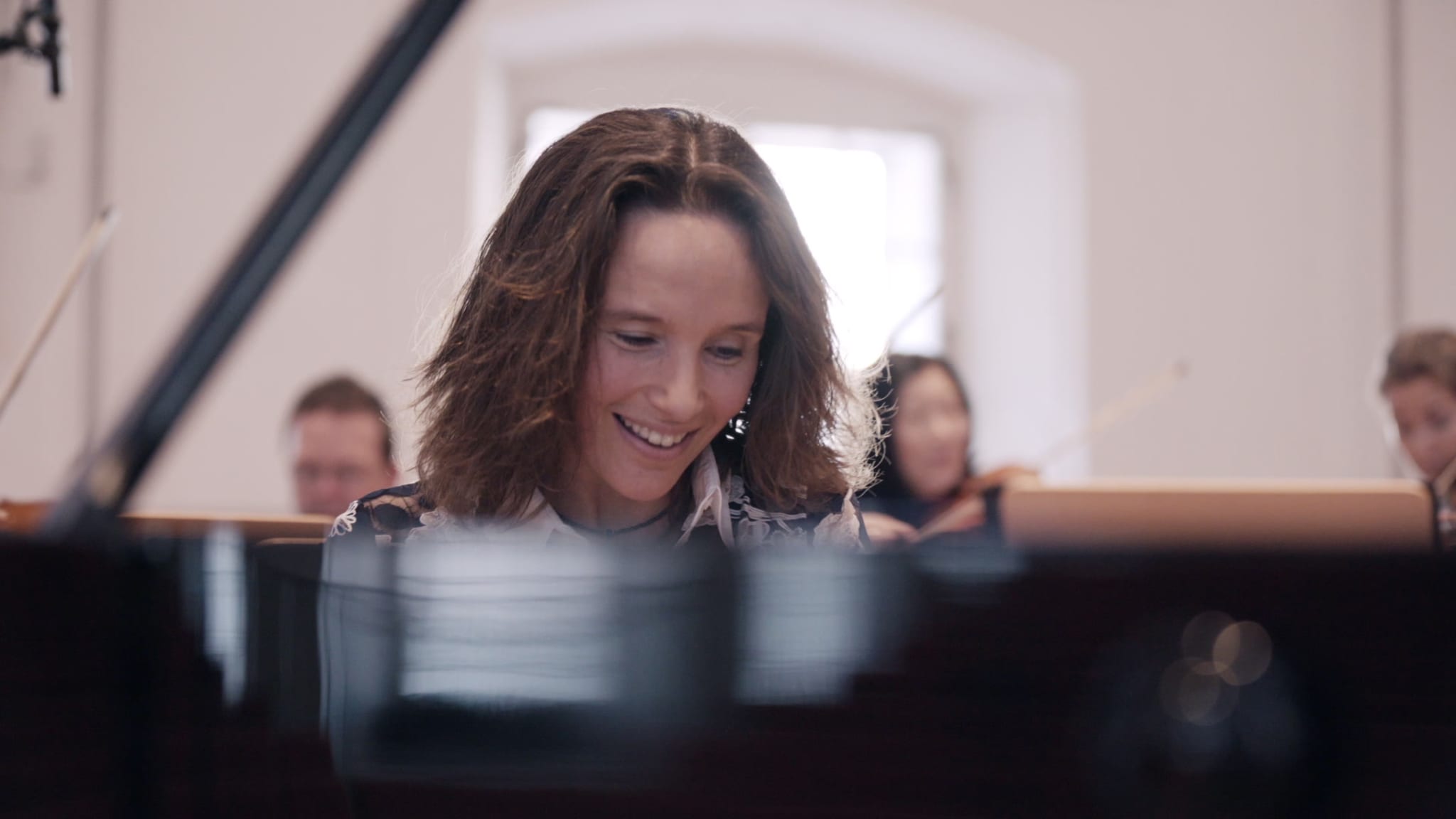Concerts and Operas
Albums
Appears On
Documentaries
Interviews
Short Videos
AboutHélène Grimaud

A true multi-talent of our time: Hélène Grimaud is not only a passionate pianist who plays her instrument with strong poetic expression and unparalleled technical skill. She also distinguishes herself as a dedicated conservationist, a compassionate human rights advocate, and an author. The intense devotion with which she approaches her musical work is mirrored in the breadth and depth of her interest in environmental protection, literature, and art.
Hélène Grimaud has been an exclusive artist with Deutsche Grammophon since 2002. Her recordings have received enthusiastic reviews and many awards, including the Cannes Classical Recording of the Year, Choc du Monde de la musique, Diapason d’or, Grand Prix du disque, Record Academy Prize (Tokyo), Midem Classic Award, and ECHO Klassik.
Grimaud’s early recordings include Reflection and Credo (both featuring a series of thematically linked works); an album of sonatas by Chopin and Rachmaninoff; a Bartók CD on which Grimaud plays the Third Piano Concerto with the London Symphony Orchestra and Pierre Boulez; a Beethoven album with the Staatskapelle Dresden and Vladimir Jurowski, which was selected as one of the best classical albums for iTunes’ “Classical Essentials”; solo works and concertos by Bach with the Deutsche Kammerphilharmonie Bremen, which Grimaud conducted from the piano; and Rachmaninoff’s Piano Concerto No. 2 with the Lucerne Festival Orchestra and Claudio Abbado, released on DVD.
In 2010, her solo album Resonances, featuring works by Mozart, Berg, Liszt, and Bartók, was released. This was followed in 2011 by a Mozart album with Piano Concertos Nos. 19 and 23 and the concert aria Ch’io mi scordi di te? with soprano Mojca Erdmann. Her next release, Duo, recorded with cellist Sol Gabetta, received the ECHO Klassik 2013 in the “Chamber Music Recording of the Year” category, and in 2013, her album featuring Brahms’s two piano concertos – Concerto No. 1 with the Bavarian Radio Symphony Orchestra under Andris Nelsons and Concerto No. 2 with Nelsons and the Vienna Philharmonic – was released. This was followed by Water (2016), a live recording of performances from tears become… streams become…, a highly acclaimed, large-scale, multi-sensory installation at the Park Avenue Armory in New York, created by Turner Prize winner Douglas Gordon in collaboration with Grimaud. Water features works by nine composers: Berio, Takemitsu, Fauré, Ravel, Albéniz, Liszt, Janáček, Debussy, and Nitin Sawhney. In 2017, Perspectives was released, a two-CD set with a personal selection of highlights from her DG discography, including two “encores”: Brahms’s Waltz in A-flat major and Sgambati’s arrangement of Gluck’s “Dance of the Blessed Spirits,” which had not previously been released on CD/streaming.
The album Memory was released in 2018. In it, Grimaud explores how music can bring the past back to life, playing a series of fleeting miniatures by Chopin, Debussy, Satie, and the Ukrainian composer Valentin Silvestrov. Subsequently, with the album The Messenger, released in 2020, the pianist created a fascinating dialogue between Silvestrov and Mozart. Together with the Camerata Salzburg, she performed Mozart’s Piano Concerto K. 466 and Silvestrov’s Two Dialogues with Postscript and The Messenger – 1996, which also includes a solo version on the album. Mozart’s Fantasias K. 397 and K. 475 complete the program.
Subsequently, she delved into Silvestrov’s vocal music. On Silent Songs, released in March 2023, Grimaud and baritone Konstantin Krimmel present a live selection from the composer’s monumental song cycle of the same name. They “deserve the highest praise for their sovereign and unpretentious interpretation of this beautiful, dreamlike music,” judged BBC Music Magazine.
In her latest project, For Clara, Grimaud illuminates both her own relationship with the German Romantics and that of Robert Schumann and Johannes Brahms with the pianist and composer Clara Schumann. She performs Schumann’s Kreisleriana, combined with Brahms’s three Intermezzi Op. 117 and his collection of nine Lieder and Songs Op. 32, again accompanied by Konstantin Krimmel. For Clara will be released in September 2023.
Highlights of the upcoming season include performances of Brahms’s Piano Concerto No. 1 with the London Philharmonic Orchestra on tour in Europe (October/November) and with the Orchestre Philharmonique du Luxembourg (October) as part of her residency at the Philharmonie Luxembourg; Mozart’s Piano Concerto No. 20 with the Philadelphia Orchestra and Yannick Nézet-Séguin (December); recitals in Boston, Atlanta, Chicago, and Toronto (January/February); and Schumann’s Piano Concerto with the Camerata Salzburg (with whom she is entering a new artistic partnership in the 2023–24 season) at the Vienna Konzerthaus, the Dresden Kulturpalast, the Festspiele Mecklenburg-Vorpommern (together with Beethoven’s Piano Concerto No. 4), and the Rencontres musicales in Evian. In June, she will once again perform Silvestrov’s Silent Songs with Konstantin Krimmel in Luxembourg and Dortmund.
Born in Aix-en-Provence in 1969, Hélène Grimaud studied with Jacqueline Courtin at the local conservatory and then with Pierre Barbizet in Marseille. At the age of just 13, she was accepted into the Paris Conservatoire, where she received first prize in piano just three years later in 1985. She continued her studies with György Sándor and Leon Fleisher. In 1987, she gave her successful first recital in Tokyo, and in the same year, conductor Daniel Barenboim invited her to perform with the Orchestre de Paris. This marked the beginning of Grimaud’s brilliant career, characterized by concerts with leading international orchestras and renowned conductors.
Between her debut with the Berlin Philharmonic under Claudio Abbado in 1995 and her first appearance with the New York Philharmonic under Kurt Masur in 1999 – two of the many celebrated milestones in her career – Grimaud also debuted in a completely different field: she founded the Wolf Conservation Center in Upper New York State.
Her love for this endangered species began with a chance encounter with a wolf in North Florida. It led to the decision to establish an environmental education center. “Working directly for nature conservation and having the opportunity to return animals to their ancestral world is a unique experience,” explains the pianist. However, Hélène Grimaud’s commitment extends far beyond this: she is also a member of “Musicians for Human Rights,” a global network of musicians and others in the music industry dedicated to human rights and social change.
Furthermore, the artist is also a writer. To date, she has written three books, which have been published in various languages. The first, Variations sauvages, was released in 2003. This was followed by the autobiographical novels Leçons particulières in 2005 and Retour à Salem in 2013.
However, it is always the thoughtful, sensitive, and expressive music-making with which Hélène Grimaud best reaches people’s emotions. Thanks to her extensive tours as a concert soloist, listeners around the world have the opportunity to enjoy her work. As a dedicated chamber musician, Grimaud has also performed at the most renowned festivals and cultural events. Her musical partners include diverse musicians such as Sol Gabetta, Rolando Villazón, Jan Vogler, Truls Mørk, Clemens Hagen, Gidon Kremer, Gil Shaham, and the Capuçon brothers. Her extraordinary and pioneering contribution to the world of classical music was recognized by the French government when she was admitted to the Legion of Honor with the rank of Knight, thus receiving France’s highest order of merit.
8/2023






